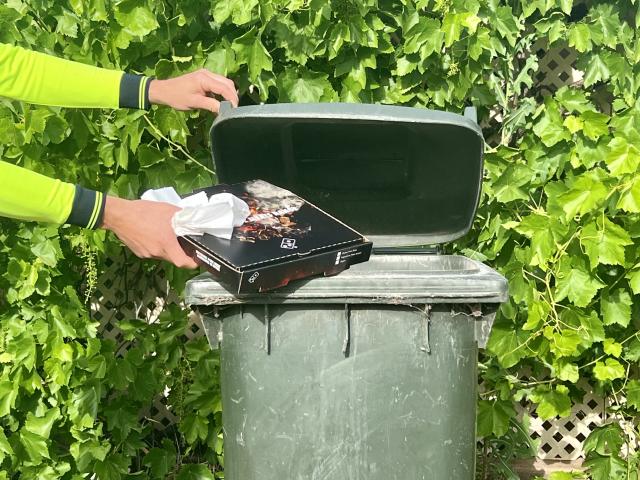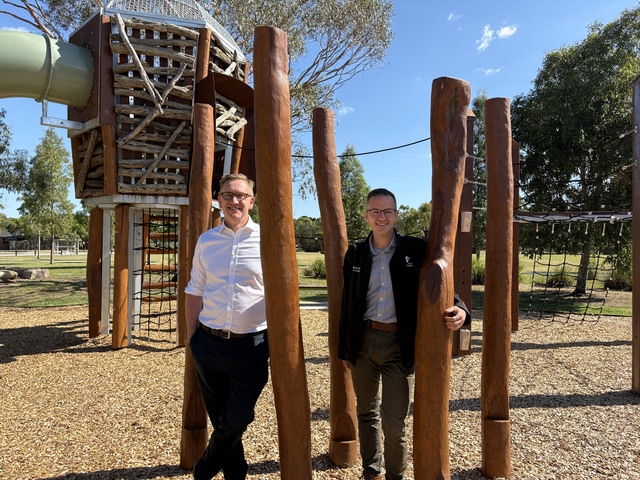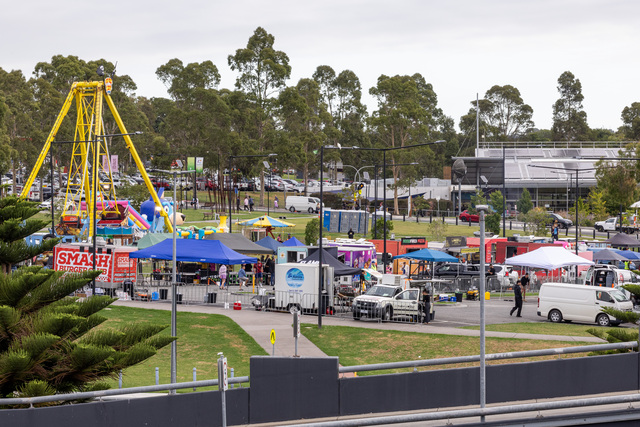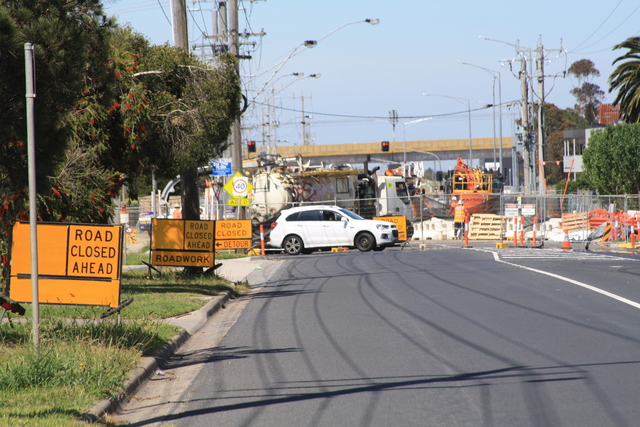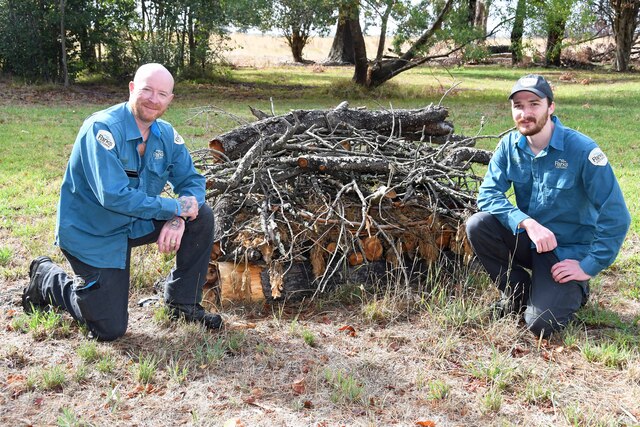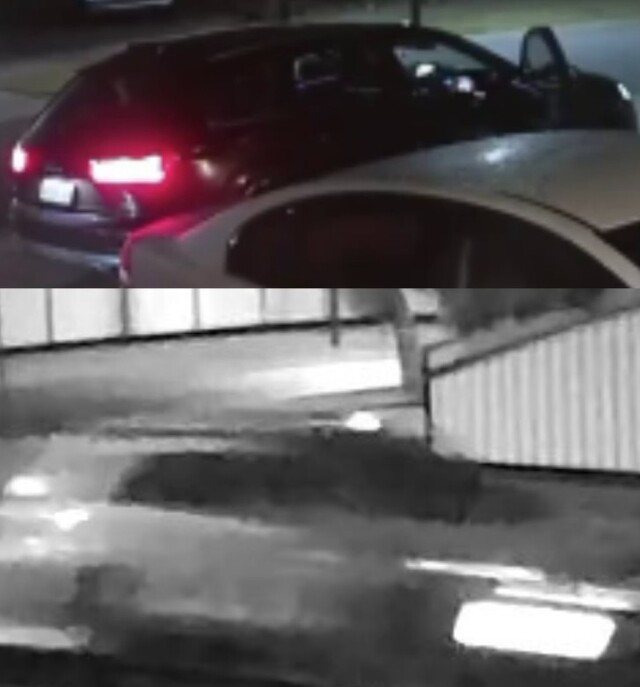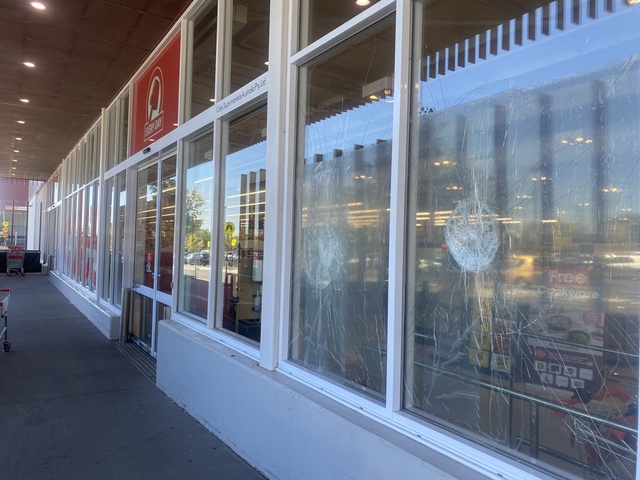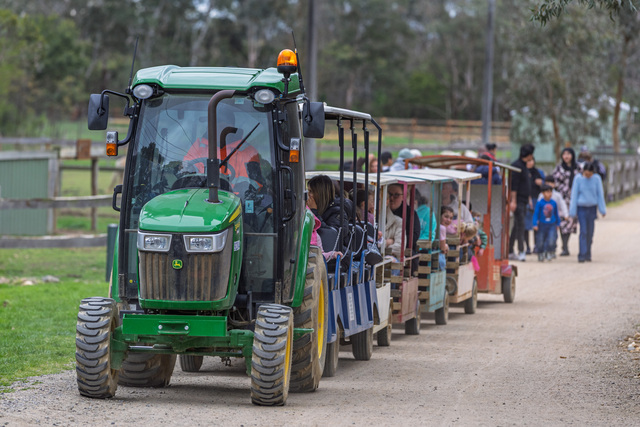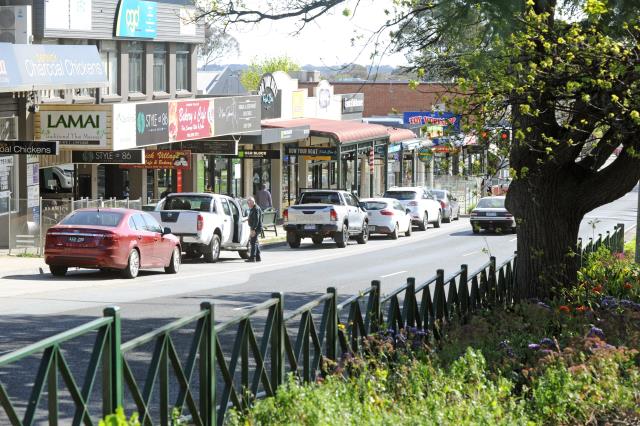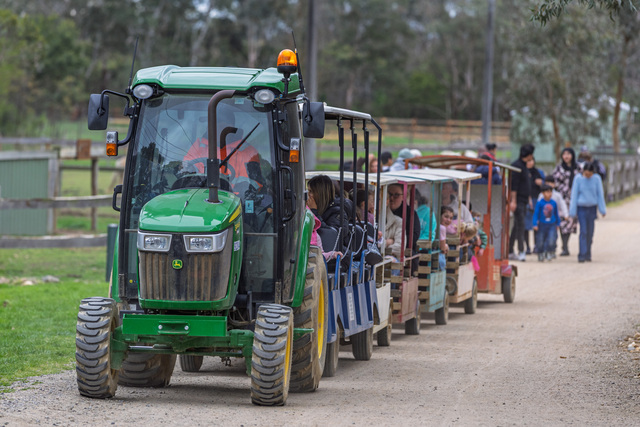Casey Council has endorsed changes to its waste management services to comply with the Victorian Kerbside Reforms during a council meeting on Tuesday 12 December.
The changes include the standardisation of bin lid colors and bin contents, introduction of a separate glass collection service, and expanding the existing food and garden waste service.
The State Government requires all Victorian councils to commerce using the standard colours for waste bins: red for garbage, yellow for commingled recycling, lime green for food and garden organics, and purple for glass.
Casey currently has three types of bins with lids of red, yellow, and lime green, and there are approximately 250,000 to 265,000 lids in old colours that require a changeover, which will take up to six months to deliver.
It is estimated that the lid replacement will occur in 2025/26.
Casey Council will consult counterpart councils at Wyndham, Yarra Ranges, and Knox.
The kerbside reform mandates councils to provide a glass service by 2027, which Casey does not provide currently.
Glass accounted for about 18 per cent of all kerbside recyclables collected by Casey in 2021 and 2022, equating to 5316 tonnes.
The Container Deposit Scheme (CDS), introduced in Victoria on 1 November 2023, is expected to redirect roughly 28 per cent of the glass from the current commingled stream, which would leave the annual volume of glass for Casey to drop to 3827 tonnes and an average household collection of 31 kilos.
Council officers believed an additional glass bin would be unnecessary, but the reform would be statutory.
Council has not decided upon the collection frequency, but it is suggesting every four weeks would be optimal.
The reform also stipulates all households must have access to food and garden waste bin unless they can prove they practise home composting.
Around 12,000 to 15,000 households in Casey do not house such bin and council is considering delivering the rest of the bins in the fourth quarter of financial year 2025/26.
The kerbside reform is expected to cost Casey Council $17.1m, including the cost of staffing, infrastructure, collection, and disposal of collected material.

